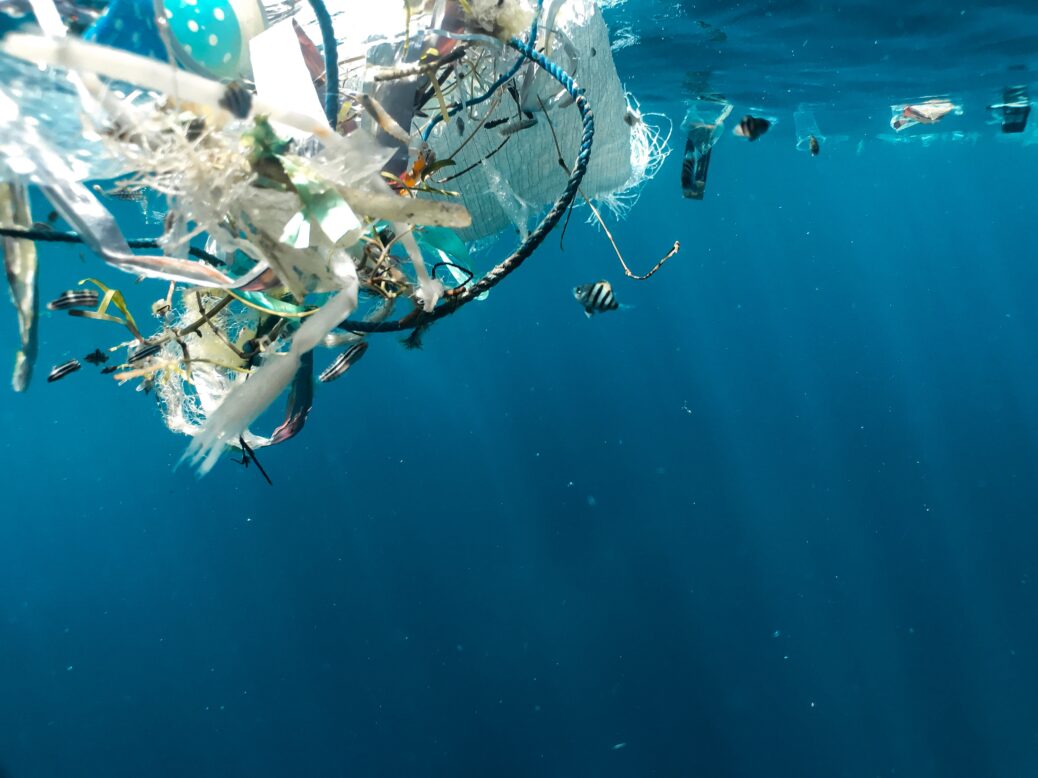Just Transition Initiative
South Africa and Kenya have recently announced the Just Transition Initiative to put an end to plastic pollution in an inclusive manner. This announcement came in the aftermath of the historic the first Session of the Intergovernmental Negotiating Committee (INC) to phase out plastic.
What is Just Transition Initiative
- The Just Transition Initiative aims to phase out plastic in an inclusive manner so that the transition does not adversely affect the concerned stakeholders.
- It aims to create decent jobs for waste-pickers and other workers in the plastic value chain.
- The just transition means addressing the needs of everyone involved in the plastic value chain, including those employed under the informal and cooperative settings and recognizing their fundamental human dignity and historic contribution.
- It involves increasing the social and economic opportunities of ending plastic pollution while minimising and carefully addressing all challenges associated with the shift from plastic usage.
- The plan for a just transition will guarantee better and decent work, social protection, capacity building and improved job security for those who are playing a role in the plastic value chain.
About INC-1
The first session of the Intergovernmental Negotiating Committee or INC-1 was held from November 28 to December 2 in Uruguay’s Punta del Este. It is an international negotiation between governments, the private sector and civil society to end global plastic pollution. It seeks to implement a life-cycle approach to end plastic pollution, which could contribute towards addressing global climate crisis, and the degradation of biodiversity. The objective of the negotiation is to develop an international legally binding instrument to end plastic pollution, including in the marine environment. The INC process will be convened and managed by the United Nations Environment Programme. The negotiations are expected to be finalized in 2024.
According to scientific research, humanity produces some 460 million metric tonnes of plastic each year. If actions are not taken against this, the plastic waste is expected to triple by 2060. A UNEP study found that over 14 million metric tonnes of plastic enters and damages aquatic ecosystems each year. The greenhouse gas emissions caused by plastics is expected to account for 15 per cent of the total emissions allowable by 2050 if the global warming is expected to be maintained at 1.5°C.
Month: Current Affairs - December, 2022
Category: International / World Current Affairs


